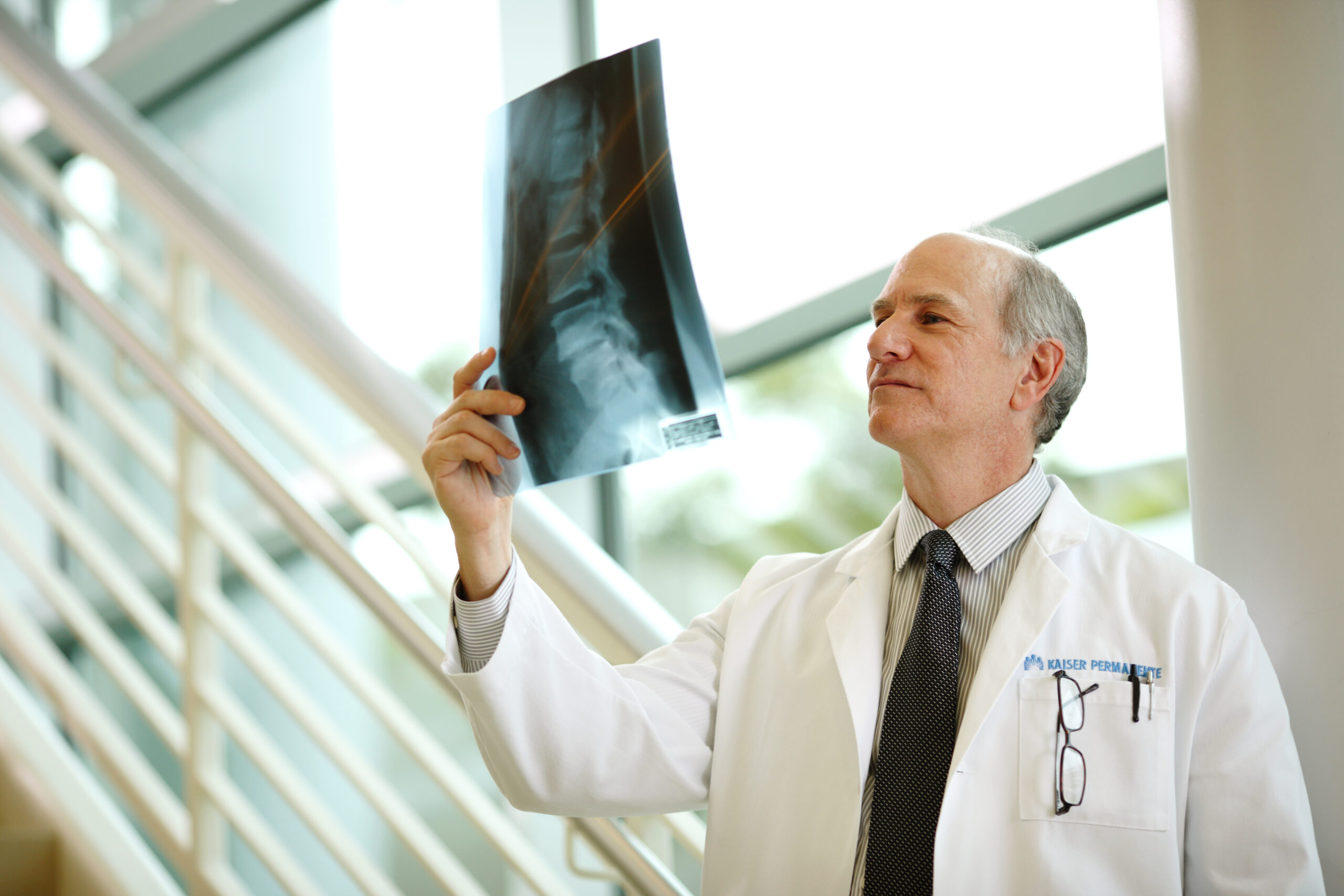At Kaiser Permanente, patients with problems caused by diabetic neuropathy may now be referred to a new service: the Complex Foot Wound Clinic, which has locations at the Largo and Kensington medical centers. The clinic provides focused care to patients with diabetes who are at highest risk for developing lower extremity complications, including foot ulceration, infection, and amputation. The goals of the clinic’s team are to prevent major amputations, keep patients out of the hospital and emergency room by finding foot wounds earlier, and initiate treatment immediately.
“In the Complex Foot Wound Clinic, we work with skilled nurses and staff who have experience with complex wound dressings, bioengineered skin and tissue substitutes, and total contact casting, which is the gold standard for offloading foot wounds,” says Adam Isaac, DPM. He notes that since the Complex Foot Wound Clinic started in 2015, hospital readmission rates have dropped. But there is much more work to be done.
Treatment for Foot Wounds
If you are referred to the Complex Foot Wound Clinic, a provider will take your history, review any available laboratory results and imaging, assess your circulation and sensation, and inspect your feet for signs of an open sore or infection. If you do have a wound, the doctor will examine its appearance, including its size, depth, and any characteristics that may indicate a deeper underlying infection. For treatment, your doctor will likely start with debridement – which involves removing any debris in a wound that may be impeding healing – then apply various wound care dressings and come with up a strategy for next steps.
“A big part of healing these kinds of wounds is taking pressure off of them,” says Dr. Isaac. “This can be tricky to do on your own if you can’t feel the wound.” The Complex Foot Wound Clinic has special offloading devices and casts you can wear that can help do the work for you.
Beyond that, you’ll work with a clinic health provider to develop a plan, which can involve regular follow-up on a weekly or monthly basis. You may also need some sort of surgical intervention to further clean the wound or add a skin graft or you may need to undergo surgical reconstruction on your foot.
The good news is that by taking steps early to identify and address foot wounds, and by tapping into the latest clinical advances like those offered by the Complex Foot Wound Clinic, patients today can expect better outcomes than ever before.
Read more about neuropathy, including its symptoms, prevention, and treatments, here.


